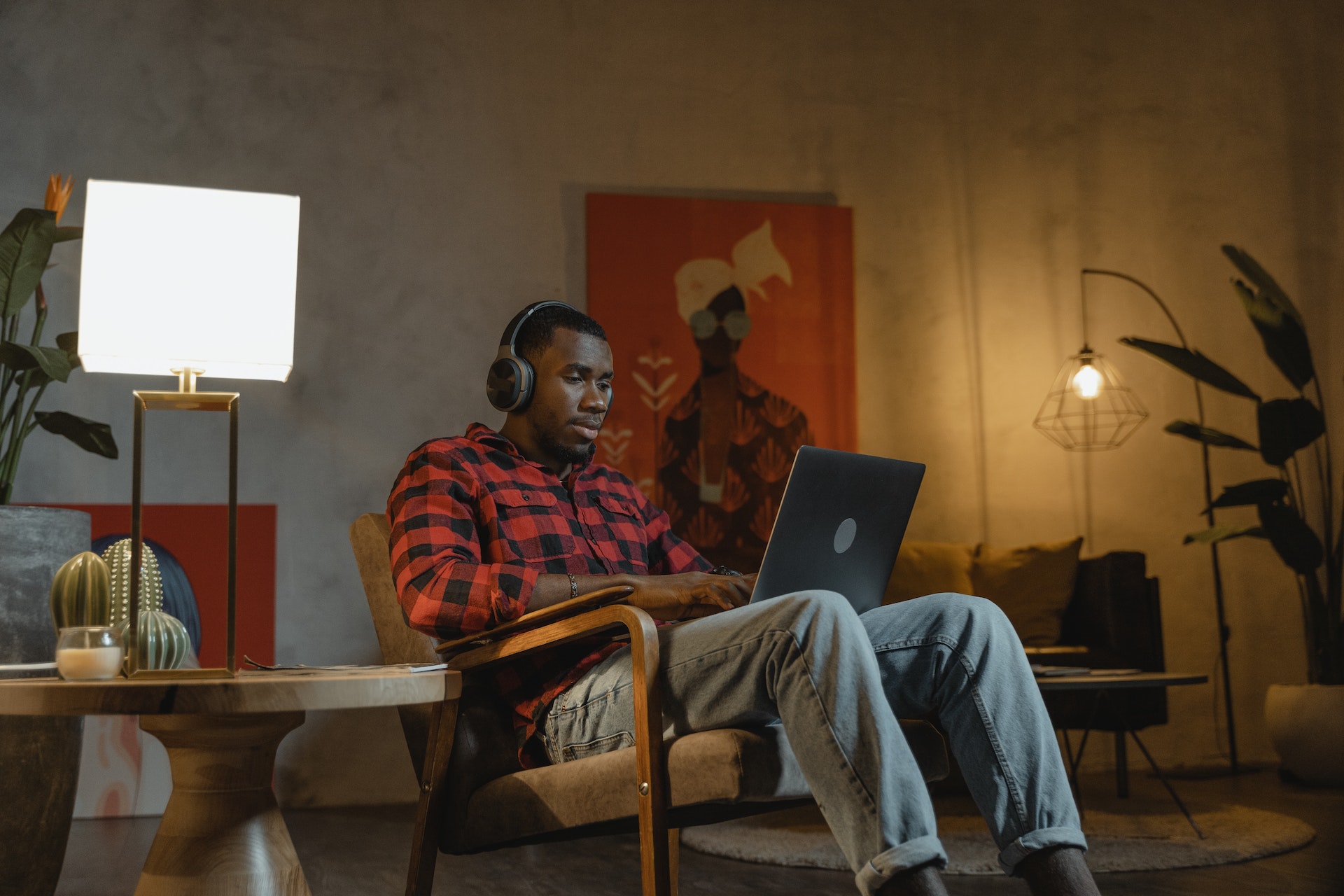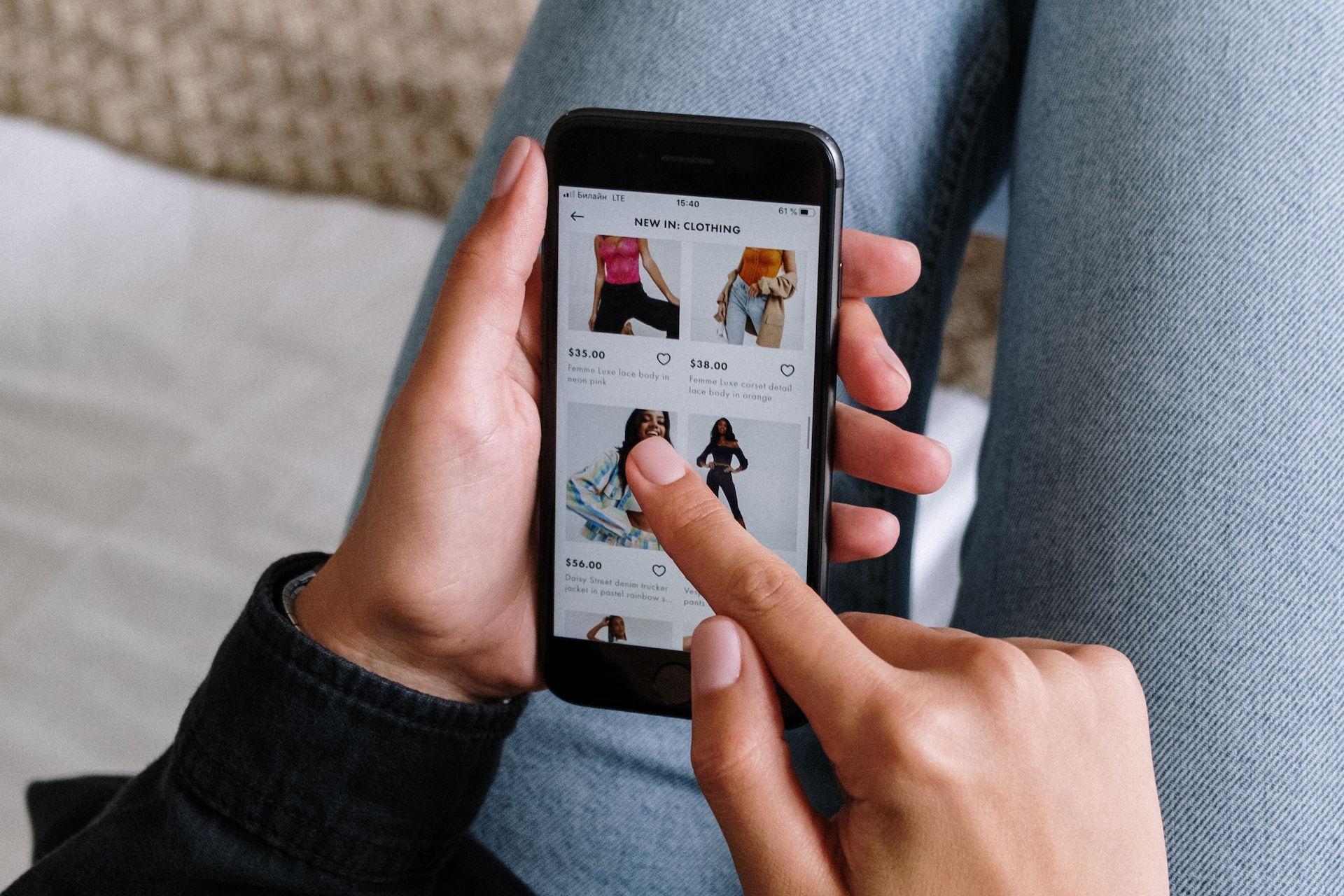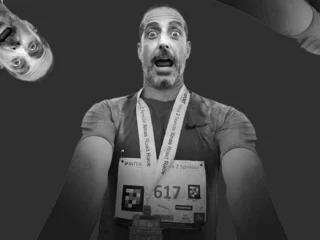I’m not a fan of the man as a politician, even though I respect him as a wartime leader, but I love Churchill’s quote:
Never let a good crisis go to waste.
Winston Churchill
Knowing him he probably meant it in a pretty machiavellian way, however I feel that we should have looked at this quote as a guiding light for the whole Covid crisis.
I had an errand during the day recently and as I was stuck in traffic it dawned on me that it should not have taken me 50 minutes to drive 11 kilometres. I was looking around me in the car and people were just sitting in their cars, acting as if this was all normal.
How could this be? How has this become normal again?
Just a few months ago we were all working from home and if I needed to pop out for a quick errand it was just that, a quick errand.
I don’t want to go into the whole merits of the benefits of working from home vs working from the office. The jury seems to be out, and there is more controversy about it than there is about US politics around the recent midterm elections.
I’m a firm believer in remote working, and our team has made great strides since we moved to working fully remotely, however there are others who swear that no work can be done remotely.
And please don’t get me wrong – I’m not advocating for remote working because I somehow feel entitled to a quick errand, even though that’s a beautiful side benefit.
I’m frustrated at how much we learnt in the 2 pandemic years, and how easy we found it to go back to our good old habits. To “how things were”.
And for the rest of this article I’m going to do what my wife hates the most – I’m just going to ask questions. I’m not qualified to give most of the answers, but if, by the end of this, you can ask yourself a few questions too, hopefully we would have come out of this with deliberate answers.
The thing that scares me the most here is that we would have just defaulted back to our old behaviour simply because muscle memory took over, not because we believed that it’s the best way.

Working from…
One of the most obvious ones we should look at is the work-from-home revolution. As I’ve mentioned earlier, it makes so much sense to give people a couple of hours back every day. The flexibility to get stuff done in between work meetings. To save the environment by reducing so much unnecessary commuting.
But there’s more – by unshackling work from the office, businesses have the opportunity to hire people in different countries, the opportunity to do what they really love without geographical constraints.
Have you thought about this in depth? Have you really considered what it would mean to keep your team remote? To get rid of the office that puts people in boxes for a fixed amount of time? Have you really considered the advantages of asking your employees to spend anywhere from an hour to two hours travelling to and from the office every day? Have you asked whether you gave it your best shot? Whether you worked on adapting your leadership and management styles to help you deal with remote working? Whether you could have asked professionals to come in and help you navigate this remote life?

Caring for others
This one gets me. It frustrates me to no end to see the whole world going back to its selfish ways. For a while we were all thrown into the deep end, trying our best to cope with a situation that no one had a playbook for. And so we defaulted to kindness. Most people around us made the effort to help people around them. To care for the frontliners who had to sacrifice so much in order to keep the rest of us living a decent and mostly healthy life.
We’re now nearing three full years from the original outbreak and it seems like we’ve all gone back to our default position of selfishness.
How often do you think of the wellbeing of the people around you? How often do you check in on other businesses to see how they’re doing, even though they’re not suffering through a pandemic, they could still have problems of their own.
How long has it been since you thanked someone for their service, even if it seems like it is just a routine task?

Ecommerce
This baffles me, especially when you consider my first point above. Ecommerce grew exponentially when people could not go into shops, but it seems like the whole industry has cooled back down on the idea.
Is it suddenly OK to lose your business to big online retailers? Even if people are hitting your stores, you should be focusing on generating more and more ecommerce sales, because people are buying online more and more, and if you’re not doing a good job of it you’re going to lose clients to the brands who are. One of our bigger ecommerce clients had kept the momentum going and they’ve been rewarded greatly, with ecommerce rivalling their physical store for business.
Did you see ecommerce as a stopgap solution for when your shops were closed? Are you judging the performance of your online stores in comparison to when all shops were closed? It might seem disheartening when you don’t reach those heights, but have you considered that you can reach them again if you keep the momentum?

Caring for our health
Last, but definitely not least, have we stopped caring about spreading germs? There was a time, especially in the first few months of the pandemic, that we all became extreme germophobes, and I’m definitely not advocating going back to that. But it’s not OK to turn up to a meeting coughing and sneezing just because “It’s not Covid!”
We should take the time to think about the people around us and limit the spread of germs. We should stop and think about our mental health even when we’re not on lockdown.
Have you kept up your lockdown projects? Have you taken the time to look at what was really fulfilling when there was no noise? Do you ask yourself if you’re just going out because there is the opportunity to go out or if you’re going out because what you’ll be doing is enriching?
And in the end…
There are a hundred other benefits that came out of the pandemic that we seem to be rolling back, one by one. Take the time to stop and think about your life now and your life then. You had more time because it was forced upon you, but could you find ways of taking the whole experience as something that actually makes your life better?




